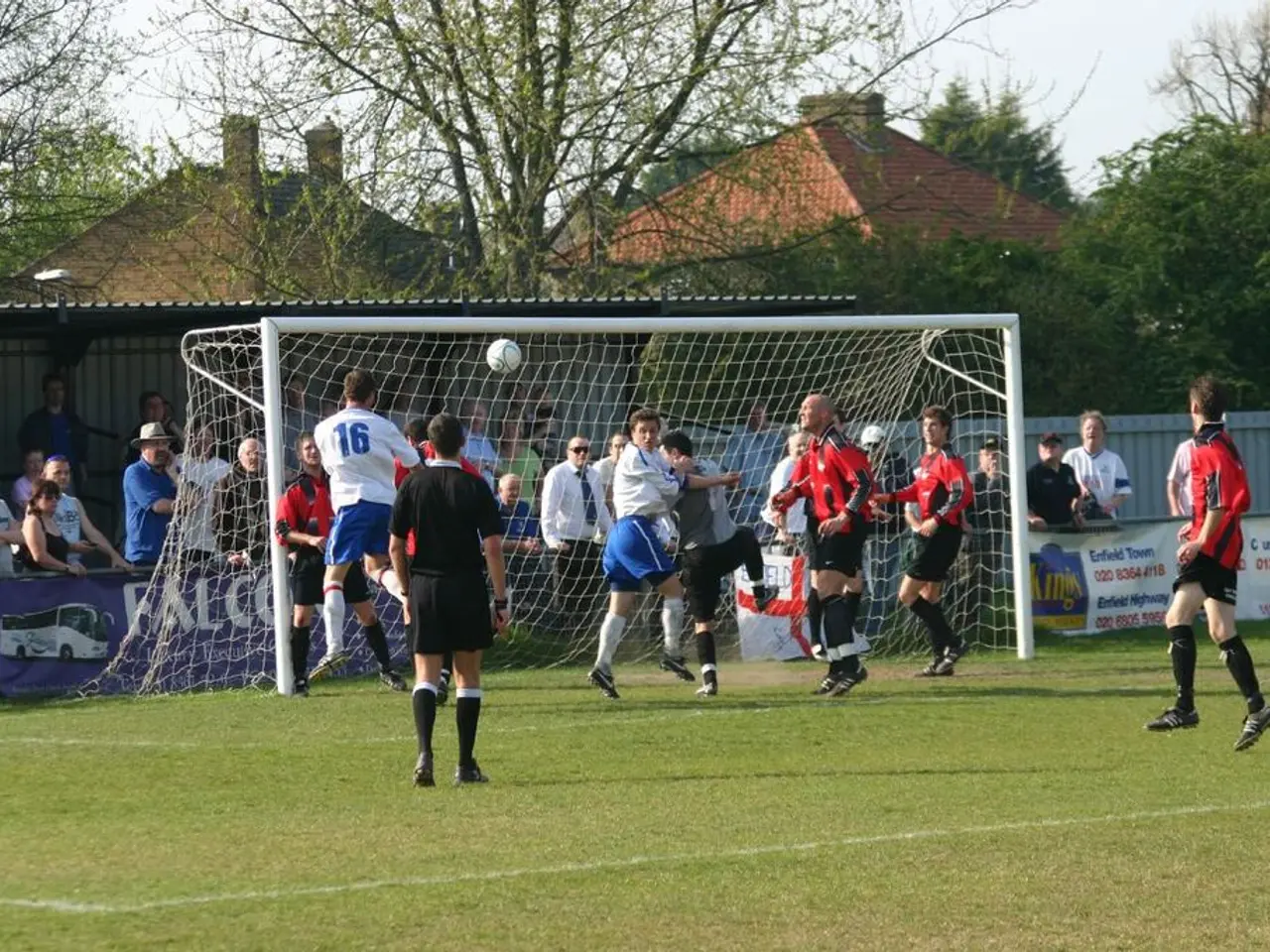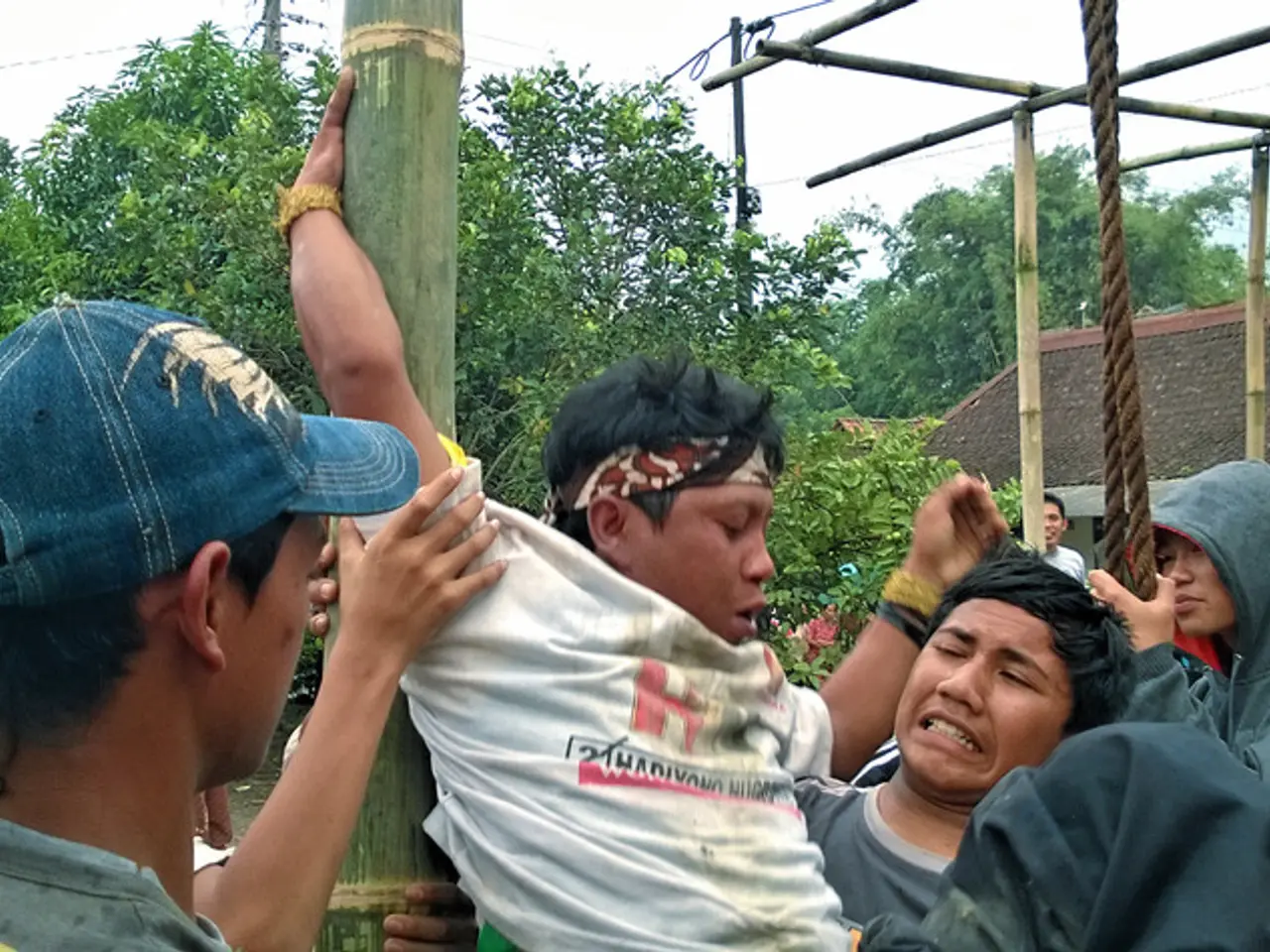Online gambling, specifically iGaming, receives official legal status following the approval of sports betting legalization in Brazil
In a significant move for the Brazilian economy, President Lula declined to reinstate the legalization of online casinos but signed a bill on December 30, 2023, legalizing online sports betting and iGaming. The regulatory framework, overseen by the Secretariat of Prizes and Bets (SPA) under the Ministry of Finance, has paved the way for a fully licensed and controlled online sports betting and iGaming market.
The legalization, expected to be introduced in the second half of 2024, is set to bring immense tax revenues to the state, which has been lacking in this area. Economists predict that the annual turnover could reach an astounding BRL50 billion (around £6.7 billion), with over 100 million participants. Brazil is poised to become one of Latin America's largest regulated iGaming markets.
The Secretariat of Prizes and Bets has already begun issuing licenses to operators, such as TQJ-PAR Participações Societárias SA, allowing them to legally offer fixed-odds betting and online gaming in Brazil. This move makes Brazil a significant player in the global iGaming industry.
However, the regulatory framework seems to focus primarily on online gambling, while legislation for land-based casinos remains stalled due to political opposition. The Senate has postponed voting on a bill that would fully legalize land-based casinos and other physical betting venues, indicating ongoing debates about the expansion of legalization.
Opponents in the Senate express concerns about social impacts, addiction, and criminal activities related to gambling, citing the necessity to study these issues before expanding legalization beyond online betting.
The regulated sports betting and iGaming market is expected to benefit various sectors, including sports clubs, leagues, and associations, as well as sports data companies. The revenue generated will be distributed to sectors such as tourism, national security, and social and health security.
Providers of sports betting must offer self-exclusion options to players, with durations between 24 hours and six weeks. More than 130 providers have already shown interest in obtaining a license for the regulated sports betting and iGaming market in Brazil.
Players must be over 18 years old, and player identification is required, using facial recognition software for verification. The tax on net gambling profits will be 15%, without a tax-free allowance.
The Minister of Finance now has the responsibility to create regulatory guidelines for providers. The president made changes to the bill before signing, including abolishing the tax-free allowance on gambling winnings. Providers will have this time to build the necessary structures in Brazil, including partnerships.
Industry leaders, such as Hugo Baungartner, Vice-President of Aposta Ganha, have expressed optimism about the legalization, stating it was the first step for Brazil, and that other economic sectors and markets would follow in time. The legalization of iGaming and sports betting is expected to generate additional tax revenue of 10 billion BRL (1.86 billion EUR) for the Brazilian government.
What about the potential legalization of land-based casinos in Brazil, considering the ongoing debates and concerns?Despite the focus on online gambling, sports, and other physical betting venues still remain in legal limbo with no clear signs of progress.







